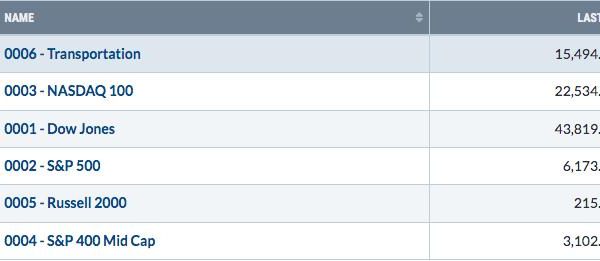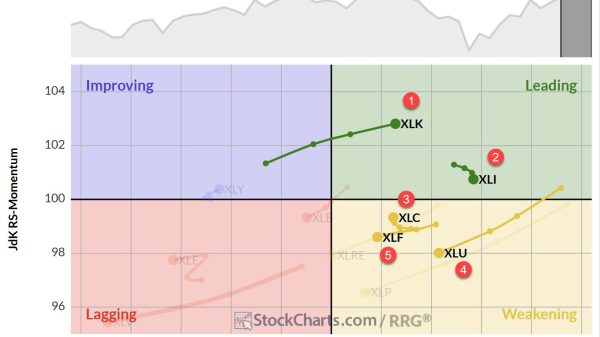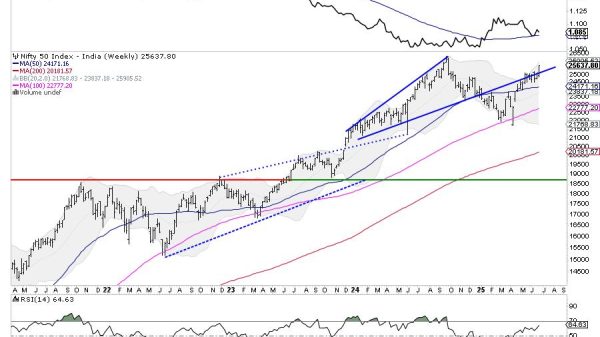How Regulations Reflect Crypto Exchange
Bitcoin exchanges are becoming increasingly regulated as more nations recognize the need for investor protection and reduce the risk of fraud. While governments have several hurdles in developing effective rules, they have started progressing by enacting legislation that classifies cryptos and enforces KYC/AML processes.
Various governments have taken varied approaches to bitcoin exchange regulation. Certain nations, including Malta and Singapore, have implemented thorough rules to provide a regulated and favorable atmosphere for Bitcoin enterprises.
It must be considered if you are wondering how to setup cryptocurrency exchange in Europa. The government of Malta has put in place the Virtual Financial Assets Act (VFAA) and the Innovative Technology Arrangement and Services Act (ITAS). These regulations provide a robust legal framework to safeguard investors from fraudulent activity while encouraging cryptocurrency innovation. They require businesses to comply with KYC/AML regulations and to offer consumer safeguards such as dispute resolution mechanisms. Singapore has likewise taken a proactive approach, developing a legal definition of cryptocurrencies and enacting legislation classifying them as securities or commodities.
The European Union is also developing laws for crypto exchanges that will give clarity and transparency while promoting innovation. In addition to consumer protection measures, the proposed rule would require Bitcoin exchanges to undertake KYC/AML processes.
With its federal government structure, the United States has chosen a more diverse approach to controlling exchanges. Each state has the right to enforce its regulations on cryptocurrency trading inside its borders, with some jurisdictions, like New York, being more stringent than others. If you are wondering how to buy crypto in the USA, it must be considered.
Meanwhile, other countries, like China, have moved to fully ban digital currencies by outlawing particular types of crypto transactions. Some nations, like Japan, have taken a more cautious approach, adopting stricter limits but not outright bans.
Generally, if you want a crypto exchange setup, the trend seems to be toward more regulatory oversight to protect investors and reduce the risk of fraud and price manipulation. Investors should feel more confident trading cryptocurrencies as more jurisdictions adopt crypto exchange legislation.
With Bitcoin becoming more popular and extensively utilized worldwide, it’s critical to understand the varied rules imposed on crypto exchanges in various countries. Rules can have a substantial impact on the user experience. Trade practices and consumer safety. These features are crucial in understanding how nations handle digital assets in securities markets, ranging from local financial regulators leading the charge to alternatives such as self-regulatory bodies having a pivotal role. This essay will examine the disparities in global regulatory frameworks for different kinds of exchanges and explain why they range from nation to country.
Choose B2BX
The post How Regulations Reflect Crypto Exchange appeared first on FinanceBrokerage.























